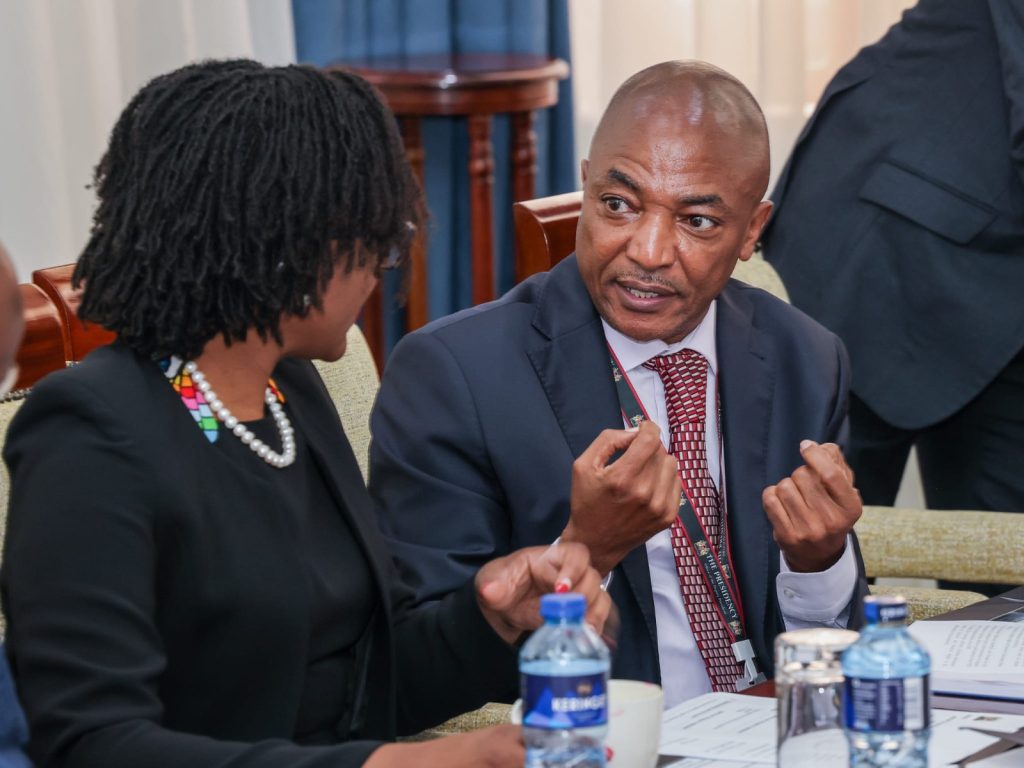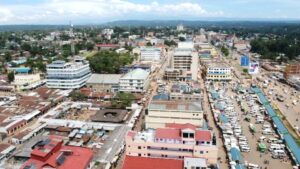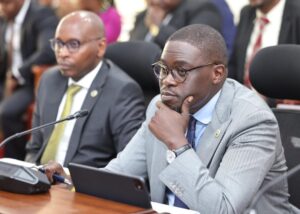Government Moves to Empower Jua Kali Sector with New RPL Policy Framework

In a significant step towards elevating the Jua Kali sector, a high-level multi-agency meeting was held at the Official Residence in Karen, Nairobi, under the leadership of the State House Deputy Chief of Staff, Josphat Nanok. The meeting focused on developing a comprehensive framework aimed at integrating informal skills into formal employment and enhancing job opportunities both locally and internationally.
The gathering was attended by key figures including Principal Secretaries Roseline Njogu (Diaspora Affairs) and Idris Dakota (Cabinet Affairs), as well as representatives from various state departments and agencies. The attendees included the State Department for Technical and Vocational Education Training, State Department for Labour and Skill Development, State Department for MSME Development, State Department for Housing and Urban Development, Kenya National Quality Authority, National Industrial Training Authority, Technical and Vocational Education Training Authority, TVET Training Curriculum Development, Assessment and Certification Council, and Micro and Small Enterprise Authority. Notably, representatives from the Kenya National Federation of Jua Kali and the Jua Kali Federation were also present.
The primary agenda of the meeting was the Recognition of Prior Learning (RPL) Policy, a revolutionary initiative designed to formally recognize and harness the skills and expertise of Jua Kali artisans. This policy aims to transition informal sector skills into formal employment opportunities and provide crucial linkages to both local and international markets.
“This policy is a game-changer for the Jua Kali workforce,” said Deputy Chief of Staff Josphat Nanok. “By acknowledging and formalizing the vast skills within this sector, we are not only dignifying their work but also paving the way for sustainable economic growth and self-employment.”
The framework discussed during the meeting will focus on creating a structured pathway for artisans to access job opportunities, secure financing for self-employment, and gain recognition for their skills through certification. This initiative aligns with the government’s broader strategy to bolster the economy by enhancing the capabilities of the Jua Kali sector, which plays a critical role in providing livelihoods for millions of Kenyans.
The collaboration among various government departments and industry representatives marks a pivotal moment in recognizing and elevating the contributions of the Jua Kali sector, promising a more inclusive and robust economic future for the nation.




